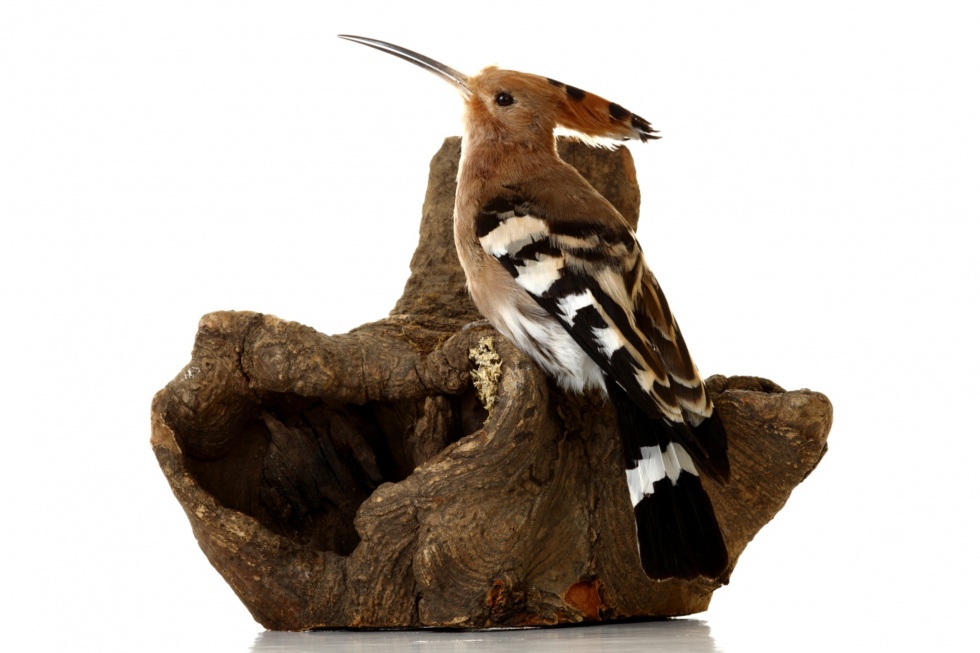Der Wiedehopf gehört zu den Charaktervögeln der rheinhessischen Sandgebiete. Meist hört man seinen charakteristischen Ruf - drei dumpfe, aufeinander folgende up-Laute - bevor man den Vogel sieht. Der deutsche Brutbestand wurde 2005 auf etwa 380 bis 450 Brutpaare geschätz. Die Art ist in Deutschland also allgemein sehr selten und besitzt im Umfeld von Mainz einen ihrer Verbreitungsschwerpunkte. Im Mittelmeergebiet hingegen kann man die Art fast überall noch problemlos beobachten. Wird der Vogel von einem Feind angegriffen, kann er aus seiner Bürzeldrüse ein übel riechendes Sekret absondern. Dieser Gestank lies unsere Vorfahren darauf schließen, dass der Wiedehopf ein unreiner Vogel sei und so hält sich bis heute die schöne Redewendung: "Du stinkst wie ein Wiedehopf".
en

